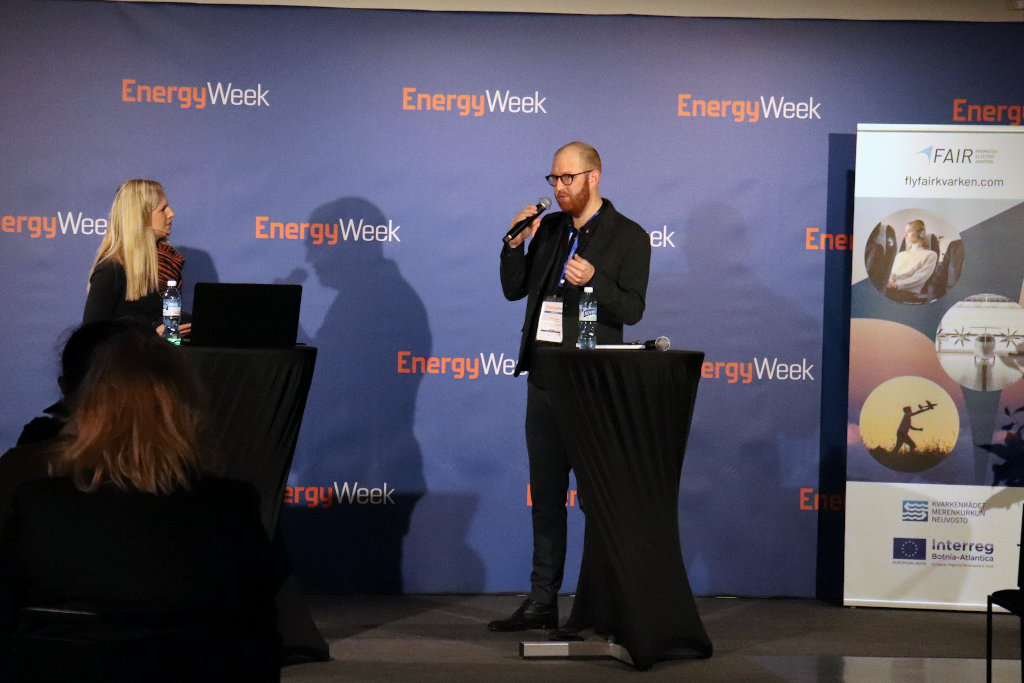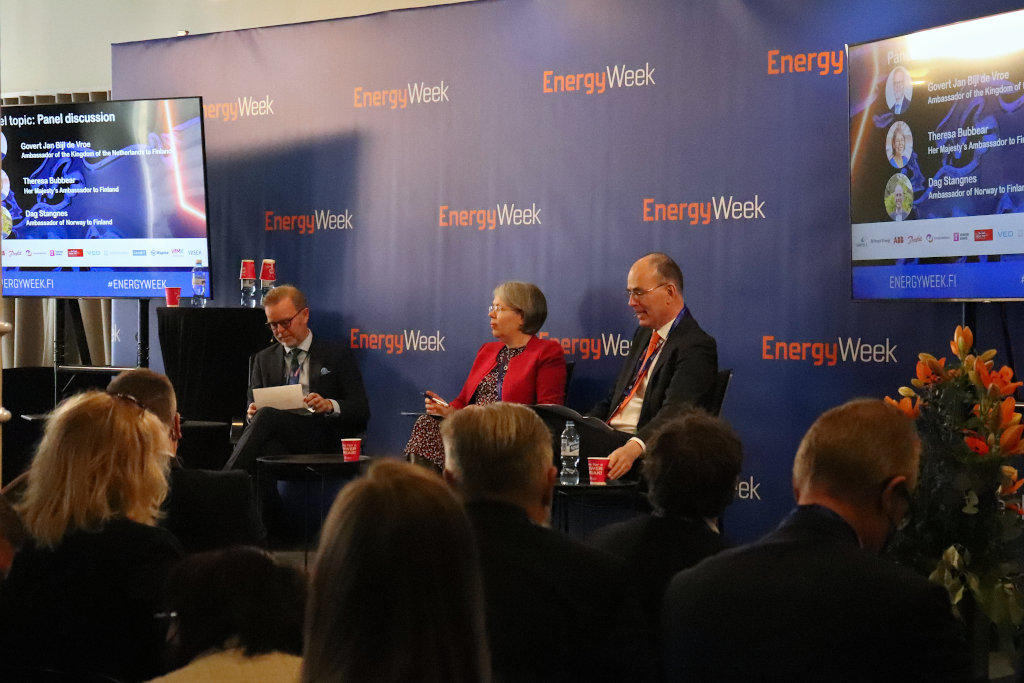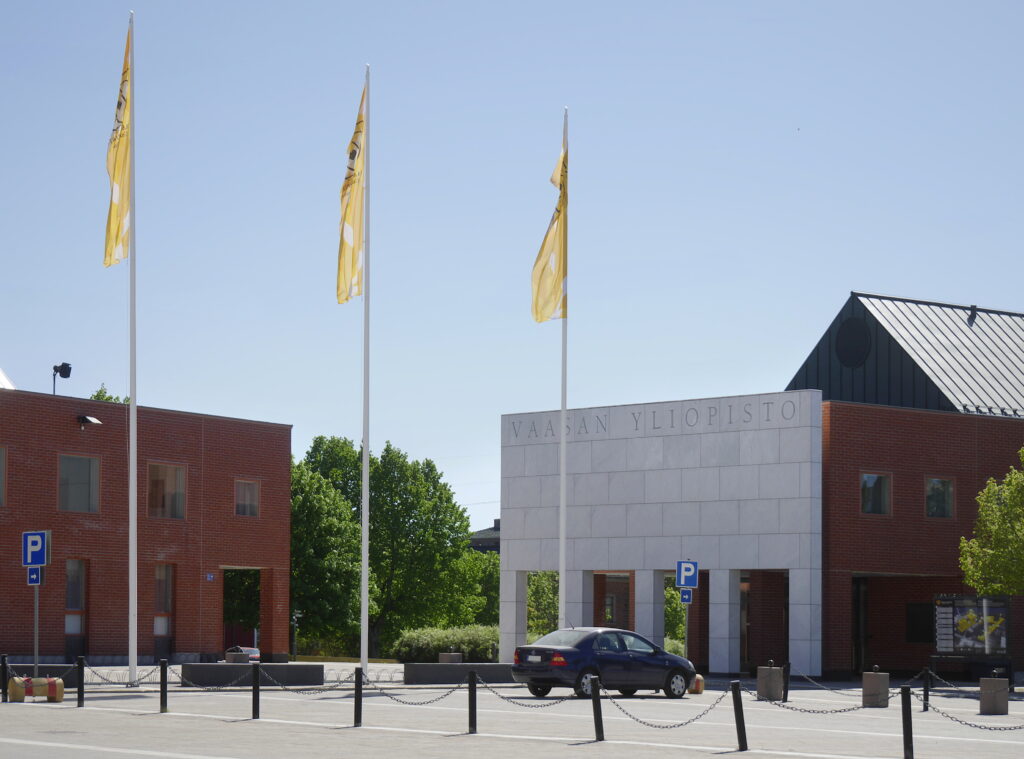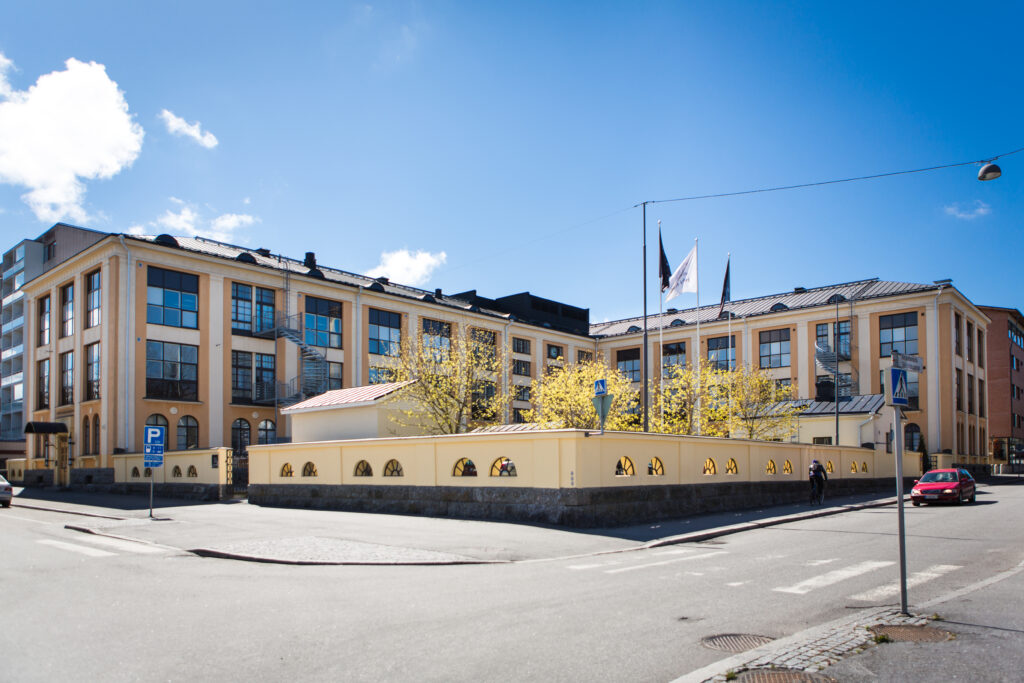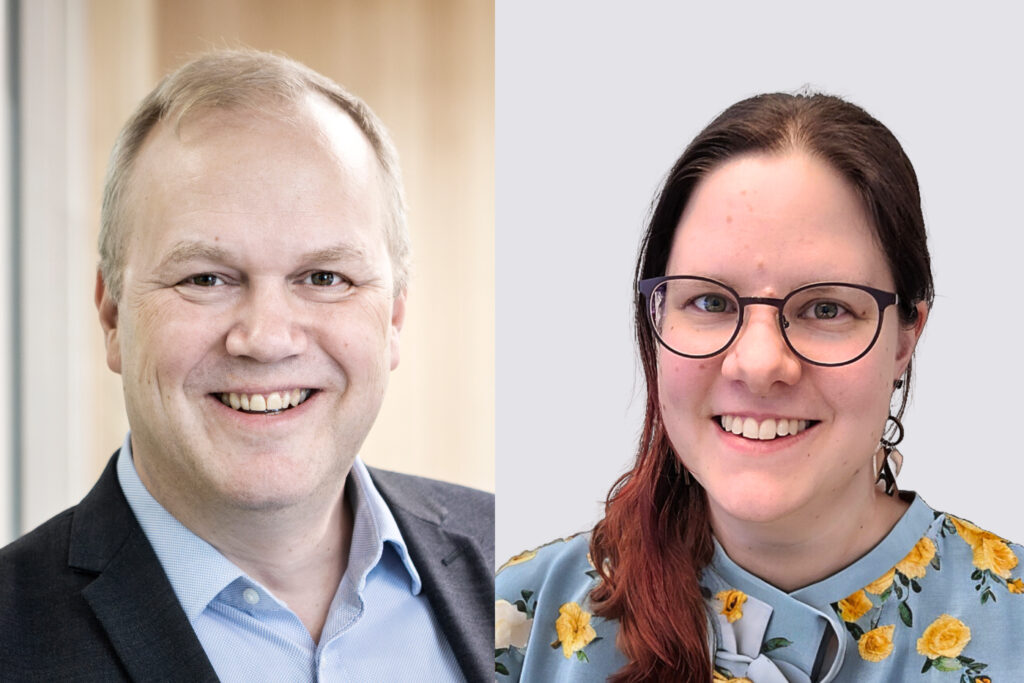In Wednesday afternoon’s Energy Transformation event, the EnergyWeek audience was introduced to global trends, technology, and business implementations that enable the smart grids of tomorrow. The afternoon was moderated by Raine Hermans, Dean at the University of Vaasa.
Valerie-Anne Lencznar, Adviser at France’s transmission system operator RTE, opened the discussion by noting that a lot has changed in the energy markets in the past 10 years and a lot will continue to happen over the next. Smart grids change the energy business completely, and the societal benefits are gigantic:
Smart grids are interesting for us today as they bring decarbonization and benefits for the whole society. It was calculated in 2017 that France could gain 400 million euros per year until 2030 thanks to smart grid solutions. Tomorrow’s investors want to invest in green energy, but you cannot produce green energy without finding a way to put them in the grid, which means through smart grids.
Smart grids: where power electronics and power systems meet
Next, professor Marcelo Godoy Simões from the University of Vaasa explained that the domain for smart grids is in the overlapping field between power electronics, i.e. electronics that control electrical power, and power systems. Godoy Simões also described the role of artificial intelligence in renewable energy systems:
Artificial intelligence is a way that you can develop computer software to make decisions that will try to emulate initially what humans do or what nature does. We must have a system that – when associated with proper hardware, software, and controllers – will be able to encompass the whole ecological means for our society.
Virtual power plants – the Airbnbs and Ubers of energy systems

Speaking at the event remotely, Aleksandra Radwanska, International Business Development Manager at VPP Solutions & Services, presented virtual power plants and four different business models for them. Radwanska likened virtual power plants with Airbnb, Uber, and other similar platform solutions:
“A virtual power plant is a service-providing platform that connects multiple assets of various technologies, crosses large amounts of data, and matches service providers with different markets and service demands,” she said.
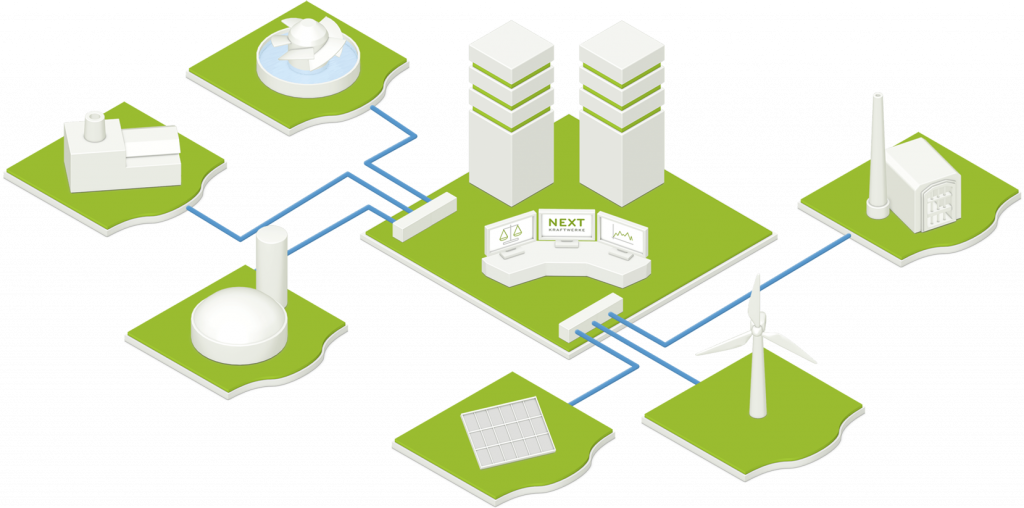
Multiple reasons why Finland is a good place for innovation
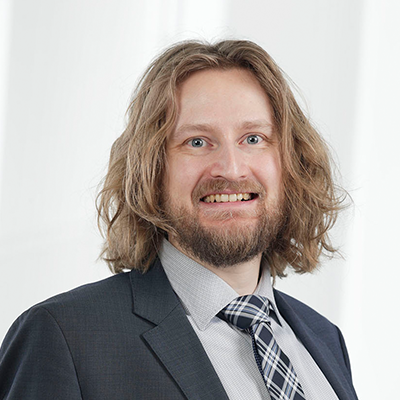
The fourth and final presenter of the Energy Transformation event was Veikka Pirhonen, CEO of VIBECO – Virtual Buildings Ecosystem, a Siemens subsidiary. Pirhonen argued that the environmental targets set today in Europe are very ambitious – perhaps even too ambitious to fulfil. He, however, went on to assert that the only way to meet these targets is through collaborations – on all levels, over different platforms and between different actors.
Pirhonen was also certain that, if anywhere, Finland is a good place for financial and business model innovations.
In 30 different rankings, Finland is in the top three worldwide. Here, we trust each other, and we have an innovation ecosystem and innovation policies – the whole system works well. We have demanding customers that want to go to the next level. We are in a very good position in Finland to take the next steps and create these solutions.



